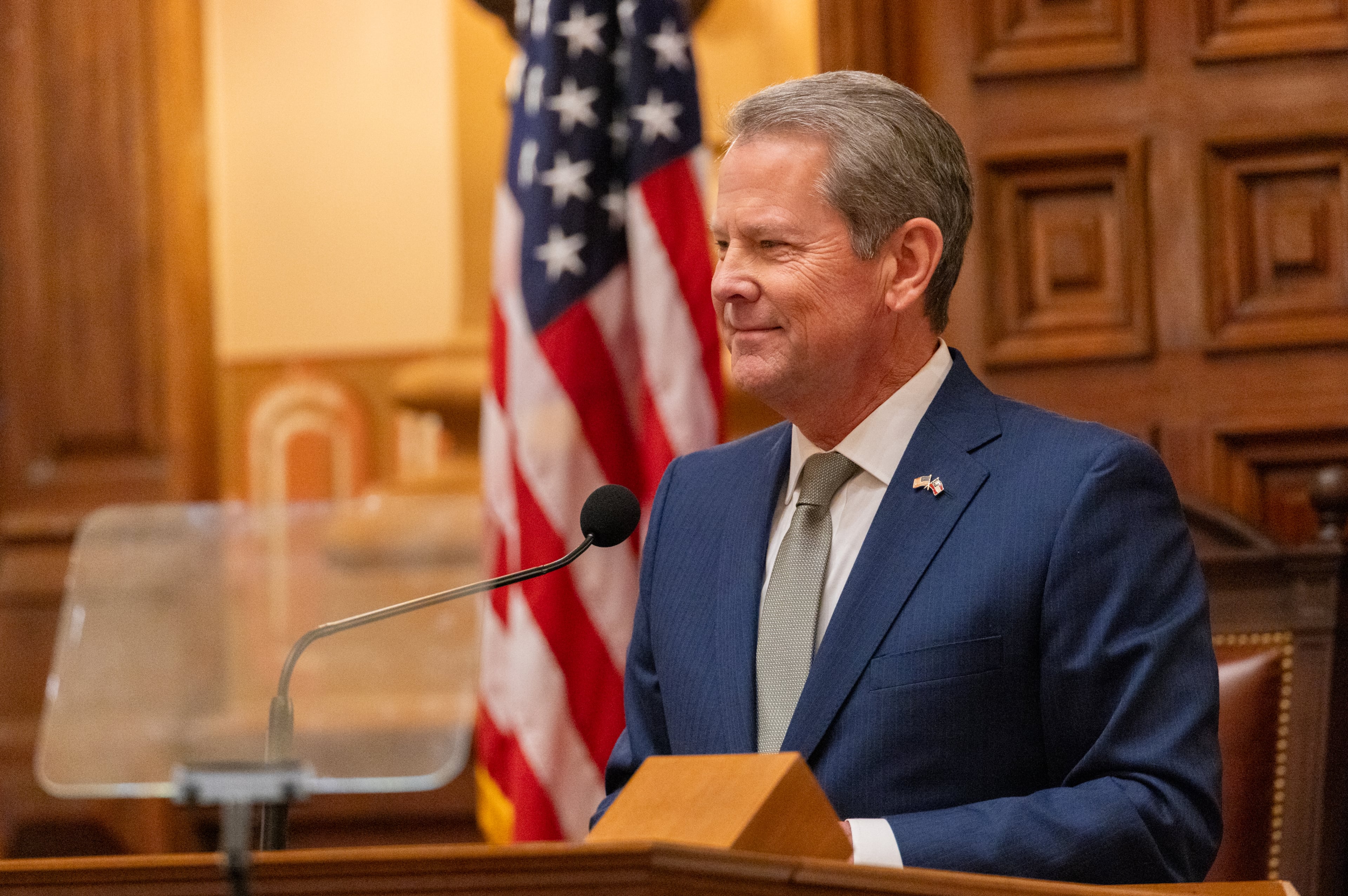Report: Chinese electric truck manufacturer plans Georgia factory

Chinese electric truck startup Windrose plans to open a manufacturing plant for its fleet of semi-trucks in Georgia, according to Reuters.
Windrose founder and CEO Wen Han told the news outlet last week it would build its first U.S. factory to assemble truck chassis and other Chinese-made vehicle parts into semi-trucks for the American market. Han did not say how much his company would invest in the U.S., and specifics around the planned factory were scant.
Other media reports said the factory will be located in Savannah, citing the Reuters report, which did not mention a specific site location within Georgia. On July 12, TruckingInfo.com was the first to report Windrose planned to establish assembly plants in Savannah for the U.S. market and Belgium for the European market.
The Savannah area is quickly becoming an epicenter of the state’s auto manufacturing industry because of Hyundai Motor Group’s $7.6 billion EV factory in Bryan County, which is likely to open during the fourth quarter of this year.
Trip Tollison, the president and CEO of the Savannah Economic Development Authority (SEDA) told The Atlanta Journal-Constitution he was not aware of Windrose’s project nor what site they could be targeting. A state spokesperson said the state is not involved in this project.
Many industrial developers have sought to build new manufacturing facilities in rural areas of Georgia were land is plentiful and cheaper. A law signed earlier this year by Gov. Brian Kemp could present a barrier to the project. The second-term Republican signed in April a bill that limits some Chinese citizens from buying farmland in Georgia, arguing that, “We cannot allow foreign adversaries to control something as critical to our survival as our food supply.” More than two-thirds of states have implemented or considered similar laws.
Despite steep tariffs designed to keep Chinese EV makers out of U.S., Han told Reuters that Windrose has 6,400 existing orders for Class 8 EV trucks, with the majority of orders coming from U.S. companies.
“The U.S. market is friendly towards Chinese heavy electric trucks based on the fact that the tariffs on imported trucks are much lower than those on cars,” Han told the news outlet. “Many of our clients are U.S. firms, for example, Nike … and we can serve them in their home market.”
The AJC was not able to reach Han or Windrose representatives.
Chinese companies have quickly risen to dominate the global EV marketplace, accounting for more than half worldwide EV sales. The U.S. and much of Europe has responded by ramping up tariffs on China’s auto industry while doling out incentives for other automakers to increase domestic investment, trade and manufacturing.
China found itself in U.S. crosshairs over trade because its government heavily subsidizes the nation’s companies, allowing Chinese products to be sold at steep discounts across the globe. Cheap EVs and other technology products, such as solar panels, threaten to undermine U.S. investments in those industries, which are seen as pivotal tools for reducing planet-warming greenhouse gas emissions and building energy independence.
China’s leading EV manufacturer, BYD, offers models at prices starting as low as $10,000, which is significantly cheaper than competing automobiles available in the U.S. So far, BYD and other Chinese brands do not manufacture or sell their cars in the U.S.
Han, who graduated from Stanford University with a masters of business administration, founded Windrose in 2022 and has quickly attracted funding and advisers from large companies. In April, Windrose announced it received $110 million in Series B funding from banks, hedge funds and other investors across the U.K. and U.S. The company’s advisory board includes executives from global automakers, large parts suppliers and Fortune 500 companies like Starbucks, J.B. Hunt and Atlanta-based Coca-Cola, according to a news release.
Windrose’s Class 8 EV trucks are slated to compete with Tesla’s Semi at the same price of about $250,000, according to Reuters. The outlet reported the trucks will come with a battery pack of more than 700 kilowatt-hours, with a capacity to run more than 418 miles on a single charge fully loaded at 49 tons.
Georgia has announced 53 EV and battery projects since 2018 that combine for $27.3 billion in investment and more than 32,000 anticipated jobs, according to the Georgia Department of Economic Development.



